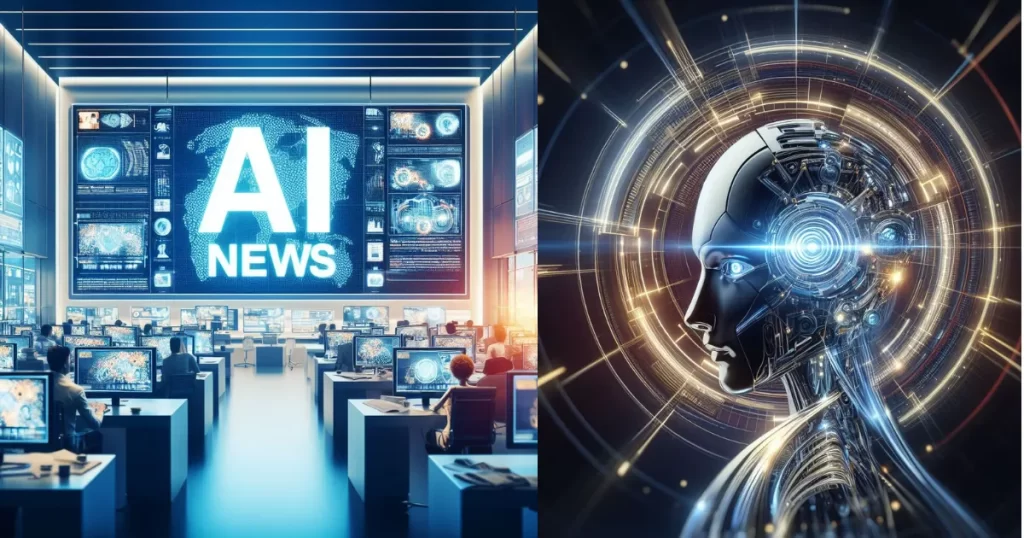Yoshua Bengio, an artificial intelligence (AI) pioneer, has expressed severe worries about the hazards connected with fast developing AI technology. Speaking at the One Young World Summit in Montreal, Bengio underlined the need for tougher legislation, improved safety measures, and more research to address the risks that AI may pose to society.
The Power and Risks of AI
Bengio, a computer science professor at the University of Montreal and director of the Montreal Institute for Learning Algorithms, is well-known for his ground-breaking work in deep learning. Despite the revolutionary potential of AI, he voiced caution about its misuse. He cautioned that certain people may misuse AI’s capabilities, potentially leading to a future in which computers replace or kill humans.
Artificial general intelligence (AGI), a type of AI that matches or outperforms human intelligence, may provide new problems. Bengio emphasized how the concentration of power in the hands of a few corporations or governments capable of building powerful AI systems might destabilize economies, democracies, and international security.
Lack of safeguards
Currently, there are no definite solutions for keeping AI systems secure and helpful. Bengio observed that the way AI is being developed may result in circumstances in which robots behave against human interests. He expressed concern that powerful persons or groups may utilize AI to supplant human decision-making or destabilize society. Without prompt action, these hazards might materialize in a few decades – or possibly sooner.
Calls for regulation and accountability.
Bengio pushes for clear legislation governing AI development. He advocates for policies such as mandating corporations to disclose when they construct sophisticated AI systems, making firms accountable for the harm caused by their AI, and developing adaptive laws to keep up with technological changes. He contrasted the necessity for AI regulation to the safety laws created for automobiles and aircraft, emphasizing that comparable control is required to enjoy AI’s advantages responsibly.
Bengio emphasized the importance of liability in supporting responsible AI development. Companies who are aware that they may face legal action for harm caused by their AI systems are more inclined to prioritize public safety. However, the competitive push to build AGI complicates matters, since corporations may make shortcuts to obtain a technical advantage.
The Threat of Misinformation
One obvious issue is the use of AI to disseminate falsehoods. Advanced AI models can generate incredibly convincing false pictures, audio, and videos, which might be used to influence public opinion and disrupt democratic processes. Bengio referenced research demonstrating that AI-generated information may influence people’s judgments more effectively than humans, raising concerns about the possible impact on politics and society.
Prepare for the Future
Bengio urged governments, businesses, and individuals to respond quickly to these concerns. He advocated for higher research funding, increased public understanding of AI’s risks and advantages, and joint efforts to develop technological, political, and legislative solutions. “It’s not too late,” he said, adding that preemptive initiatives might lead mankind to a safer and more productive future with AI.
Conclusion
Yoshua Bengio’s concerns highlight the need of addressing AI threats properly. As AI evolves, the attention must move to building safeguards to guarantee that it helps humans while not hurting it. By combining regulation, responsibility, and collaboration, society can meet the problems posed by this powerful technology.
This description is based on a CNBC story written by Lucy Handley and published on November 21, 2024. You can check out the full article here.

I’m Voss Xolani, and I’m deeply passionate about exploring AI software and tools. From cutting-edge machine learning platforms to powerful automation systems, I’m always on the lookout for the latest innovations that push the boundaries of what AI can do. I love experimenting with new AI tools, discovering how they can improve efficiency and open up new possibilities. With a keen eye for software that’s shaping the future, I’m excited to share with you the tools that are transforming industries and everyday life.

